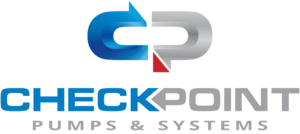Understanding the Role of Chemical Pumps in Enhancing Water Treatment Efficiency
In the quest for efficient water treatment solutions, understanding the role of chemical pumps for water treatment has become increasingly vital. These pumps are essential components in managing the precise delivery of chemicals necessary for various processes, including disinfection, pH adjustment, and nutrient addition. By ensuring that these chemicals are administered accurately and effectively, chemical pumps significantly enhance the overall treatment efficiency. This article will explore the various types of chemical pumps available, their operational mechanisms, and the critical factors to consider when selecting the right pump for specific water treatment applications. Readers will gain insights into how these pumps contribute not only to improved water quality but also to the sustainability of water treatment facilities, ultimately leading to a cleaner and safer environment.

The Importance of Chemical Pumps in Water Treatment Systems
Chemical pumps play a pivotal role in enhancing the efficiency of water treatment systems. By accurately dosing chemicals such as coagulants, flocculants, and disinfectants, these pumps ensure that the water treatment process operates at optimal levels. The ability to control the flow rate and pressure allows for precise chemical application, which is crucial in minimizing waste and maximizing the treatment effectiveness. Without reliable chemical pumps, maintaining consistent water quality and compliance with regulatory standards would become significantly more challenging.
Moreover, the importance of chemical pumps extends to their contribution in reducing operational costs. Efficient chemical dosing not only optimizes the use of expensive chemicals but also decreases energy consumption associated with water treatment processes. As water treatment facilities strive to meet increasing demands for clean water, integrating advanced chemical pump technology becomes essential. This ensures that plants can sustainably manage resources and effectively deliver safe drinking water to communities.
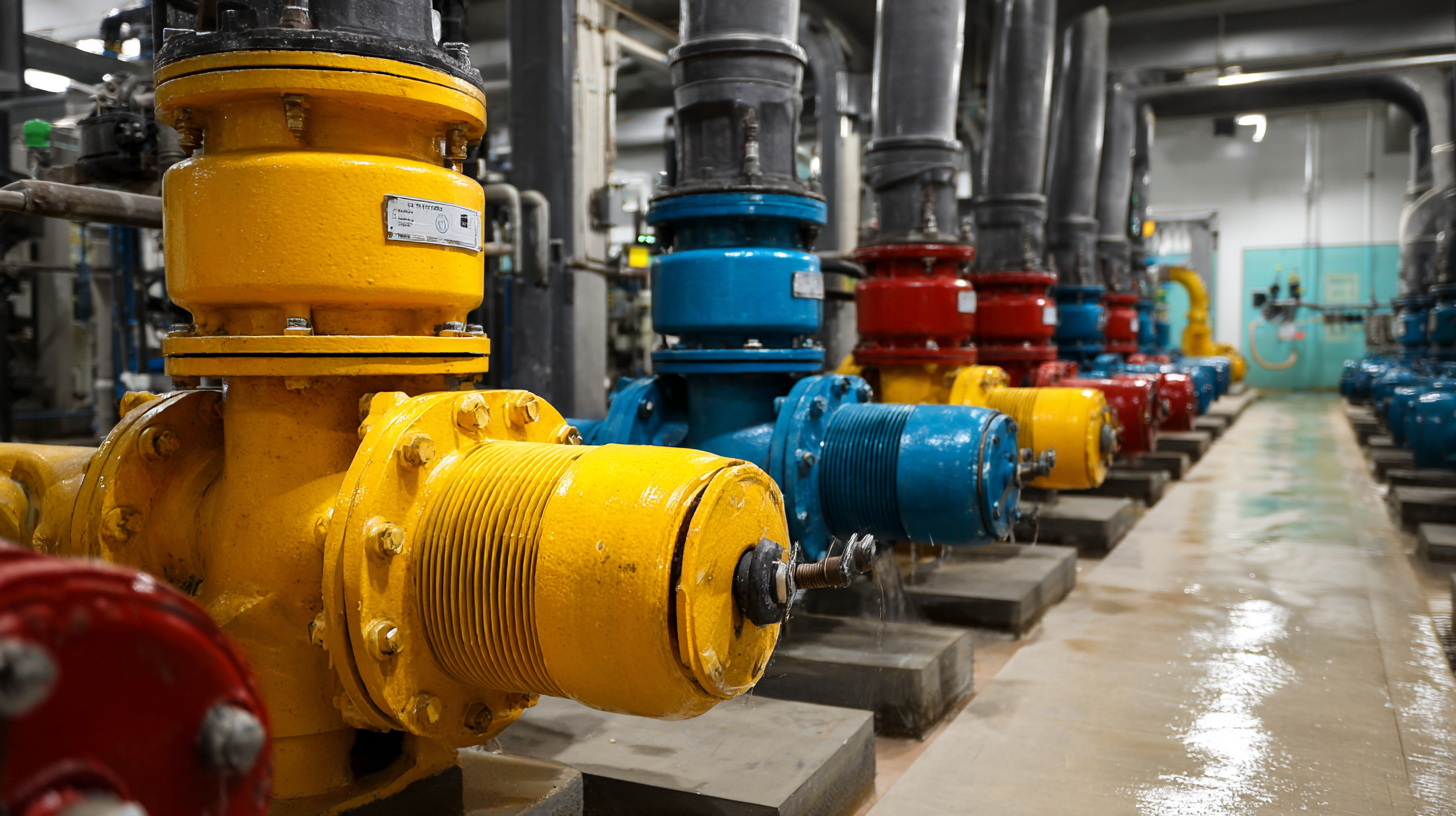
Key Factors Influencing Chemical Pump Efficiency
Chemical pumps play a vital role in enhancing water treatment efficiency by ensuring the precise delivery of chemicals needed for various treatment processes. Key factors influencing the efficiency of chemical pumps include flow rate accuracy, operational reliability, and the ability to handle diverse fluid characteristics. As the metering pumps market is projected to reach USD 9.1 billion by 2030, it's evident that industries are recognizing the importance of advanced pumping solutions in meeting regulatory standards and improving overall system performance.
Furthermore, the global industrial pump market is anticipated to grow from $70.45 billion in 2024 to $105.15 billion by 2032, highlighting a compound annual growth rate (CAGR) of 5.13% during this period. This growth underscores the increasing reliance on specialized pumps, such as those utilized in water treatment, to achieve superior efficiency and sustainability. Additionally, factors such as pump materials and design significantly influence performance metrics, with innovations leading to better durability and reduced maintenance costs, thereby optimizing operational workflows in water treatment facilities.
Selecting the Right Chemical Pump for Specific Water Treatment Needs
When selecting the right chemical pump for specific water treatment needs, it is essential to consider several factors that influence both performance and efficiency. First and foremost, the type of chemicals being used plays a crucial role. For instance, some pumps are better suited for harsh corrosive substances, while others are designed for more neutral chemicals. Knowing the chemical properties, such as viscosity and temperature sensitivity, helps in choosing a pump that will operate optimally without risking damage or compromising the treatment process.
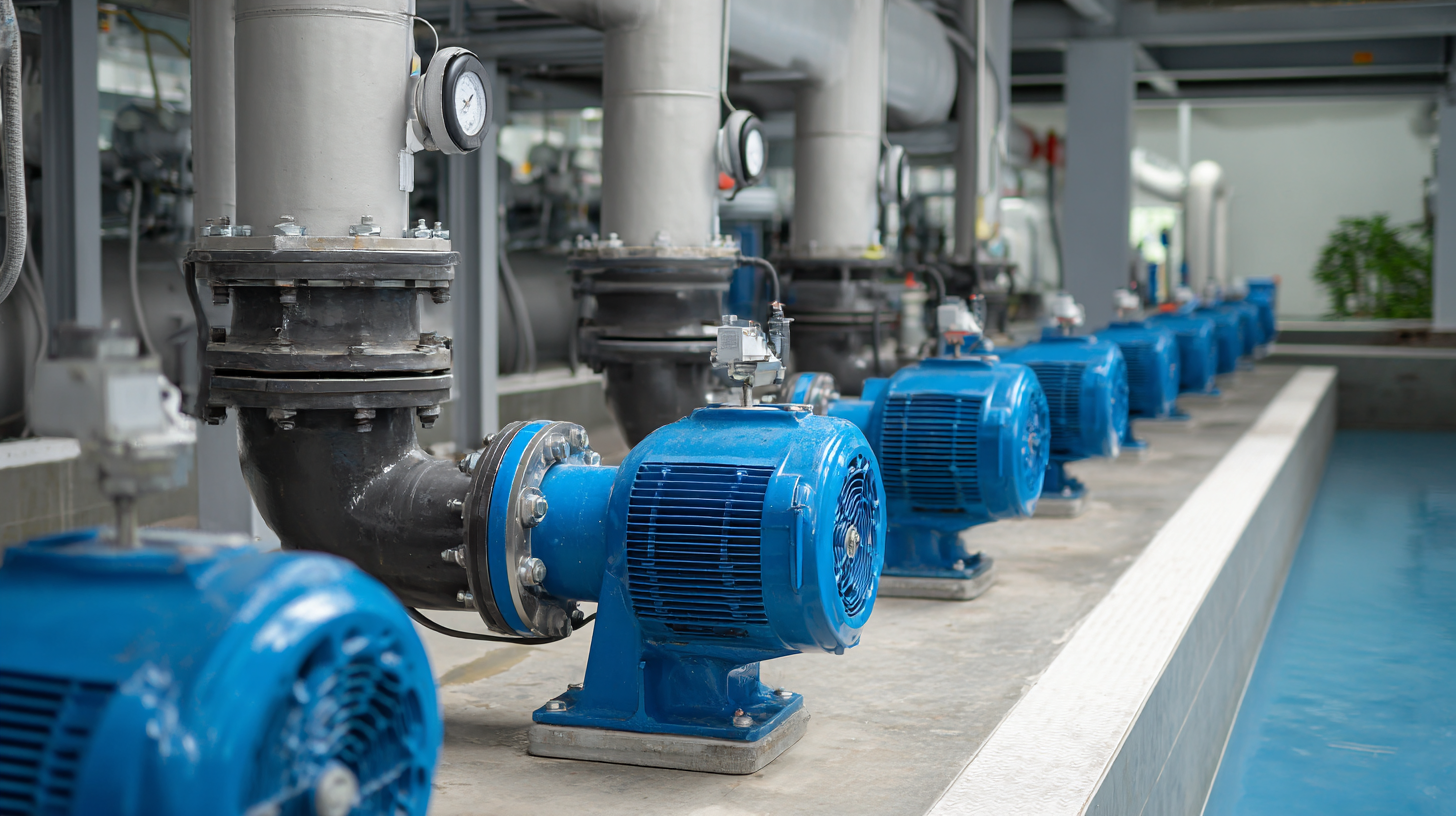
Additionally, the flow rates and pressure requirements of the water treatment system must be assessed. Pumps come in various types and sizes, each capable of delivering specific flow rates. It is important to match the pump's capacity to the system's demands to ensure effective chemical dosing. Moreover, considerations such as maintenance needs, energy efficiency, and the potential for automation will further guide the selection process, leading to improved system reliability and enhanced overall treatment efficiency.
By carefully analyzing these aspects, water treatment facilities can select pumps that not only meet their immediate needs but also support a sustainable and efficient operation.
Best Practices for Maintaining Chemical Pumps in Treatment Applications
In the realm of water treatment, the efficiency of chemical pumps plays a crucial role in optimizing the performance of treatment processes. Regular maintenance of these pumps not only ensures their reliability but also enhances overall system efficiency. According to a report by the Water Environment Federation, effective maintenance can reduce pump failures by up to 30%, which directly impacts the operational costs of water treatment facilities. By implementing routine inspections and adhering to manufacturer guidelines, facilities can prolong the lifespan of their chemical pumps and maintain optimal flow rates.
Best practices in maintaining chemical pumps include regular monitoring of performance metrics such as flow rate, pressure, and chemical concentration. It's essential to establish a preventive maintenance schedule that includes periodic checks for wear and tear, as well as the immediate repair of any identified issues. Additionally, training staff on the importance of these practices can significantly boost the pump's operational efficiency. The Hydraulic Institute advises that following a structured maintenance plan can lead to energy savings of up to 25%, further emphasizing that effective chemical pump maintenance is key not just for operational efficiency but also for cost management in water treatment applications.
Impact of Chemical Pump Maintenance on Water Treatment Efficiency
Innovative Technologies in Chemical Pump Design for Enhanced Performance
Innovative technologies in chemical pump design are critical for enhancing water treatment efficiency. The latest advancements focus on optimizing pump efficiency and flow control, crucial factors in modern water treatment facilities. By employing precision control valves and advanced pumping systems, facilities can achieve a higher degree of accuracy in managing their fluid systems, resulting in more effective treatment processes. This is especially important as industry standards evolve to prioritize sustainability and energy efficiency.
Additionally, the trend towards eco-friendly materials and designs in pump technology supports the broader goal of a circular economy. Innovations such as silicone-based pumps are gaining traction due to their durability, lightweight properties, and resistance to chemical corrosion. These advancements not only enhance the performance of chemical pumps but also align with the sustainability objectives of modern water treatment initiatives, ensuring that the industry can meet both environmental challenges and regulatory demands. As we move towards 2026, the integration of these innovative technologies will undoubtedly play a pivotal role in transforming the landscape of water treatment.
Understanding the Role of Chemical Pumps in Enhancing Water Treatment Efficiency
| Pump Type | Flow Rate (L/min) | Pressure Rating (Bar) | Efficiency (%) | Material |
|---|---|---|---|---|
| Diaphragm Pump | 50 | 2 | 85 | Polypropylene |
| Gear Pump | 100 | 5 | 90 | Stainless Steel |
| Progressing Cavity Pump | 75 | 3 | 92 | Cast Iron |
| Centrifugal Pump | 250 | 6 | 80 | Polyvinyl Chloride |
Related Posts
-

Unveiling the Best Chemical Pumps: A Comprehensive Comparison Guide
-

10 Essential Tips for Choosing the Right Electric Diaphragm Pump for Your Business
-
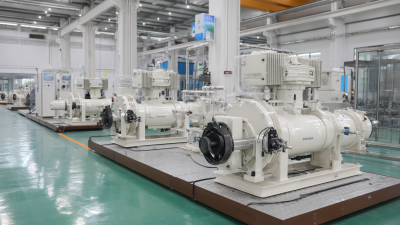
Revolutionizing Fluid Management: The Future of Electric Chemical Injection Pumps Explained
-
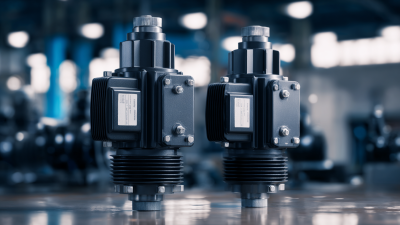
The Ultimate Guide to Choosing the Right Fluid Pumps for Your Industrial Needs
-
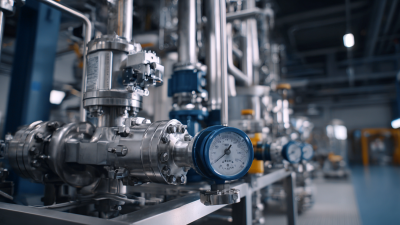
Understanding the Role of Chemical Pumps in Modern Industrial Applications
-

Evaluating Cost-Effectiveness: A Comparative Analysis of Pump Rentals vs. Purchasing Equipment
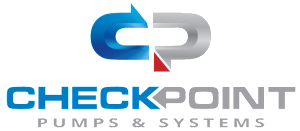
Whether your solution requires a single pumping application or an expansive engineered system,
CheckPoint is committed to becoming your partner in excellence.
